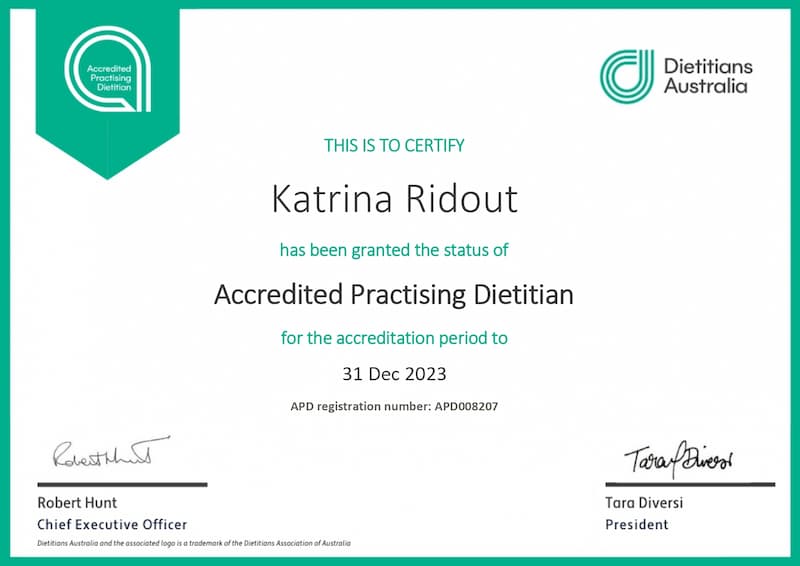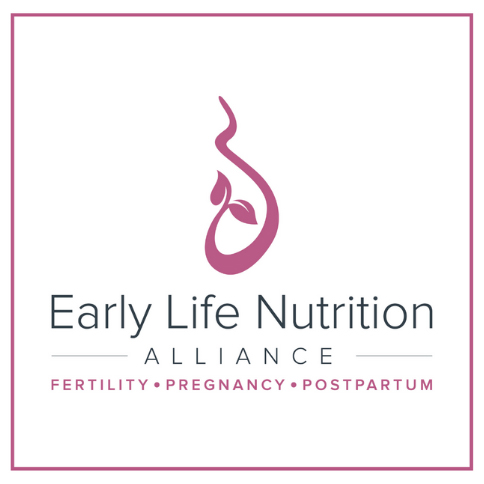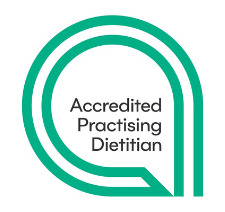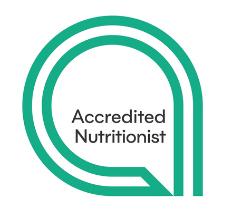Frequently Asked Questions
What should we include or avoid in a PCOS-friendly diet?
A PCOS-friendly diet should include complex carbohydrates, lean protein, healthy fats, low-glycemic index foods, and fibre-rich foods. Foods to avoid include processed foods, sugary drinks, high-fat dairy products, foods high in saturated fats, excessive caffeine, and alcohol. Work with a healthcare provider or registered dietitian to develop a personalised nutrition plan.
How can changes to your diet and lifestyle help PCOS?
Making changes to your diet and lifestyle can help manage Polycystic Ovary Syndrome (PCOS) symptoms and improve overall health. Here are some ways changes to your diet and lifestyle can help with PCOS:
● Improve insulin sensitivity: PCOS is often associated with insulin resistance. A healthy diet and regular exercise can improve insulin sensitivity and help regulate blood sugar levels.
● Reduce inflammation: PCOS is also associated with inflammation. A diet rich in anti-inflammatory foods, such as fruits, vegetables, and healthy fats, can help reduce inflammation.
● Manage weight: Maintaining a healthy weight can help improve PCOS symptoms, particularly those related to insulin resistance. A combination of healthy eating habits and regular exercise can help with weight management.
● Regulate menstrual cycles: PCOS can cause irregular menstrual cycles. Eating a balanced diet and maintaining a healthy weight can help regulate menstrual cycles.
● Improve fertility: PCOS can also affect fertility. Managing weight and regulating menstrual cycles can help improve fertility in individuals with PCOS.
● Reduce cardiovascular risk: Women with PCOS are at an increased risk of developing cardiovascular disease. A healthy diet and regular exercise can help reduce this risk.
It’s important to note that changes to your diet and lifestyle should be made in conjunction with medical management and advice from a healthcare provider or registered dietitian.
How does your diet affect polycystic ovary syndrome (PCOS)?
Diet can significantly affect PCOS by impacting insulin resistance, inflammation, weight management, hormone balance, and fertility. A diet rich in fibre, protein, and healthy fats, and low in refined carbohydrates and sugar can help improve PCOS symptoms. It’s important to work with a healthcare provider or registered dietitian to develop a personalised nutrition plan.




